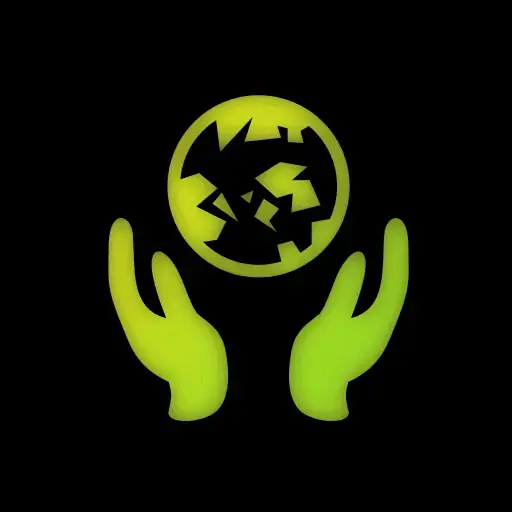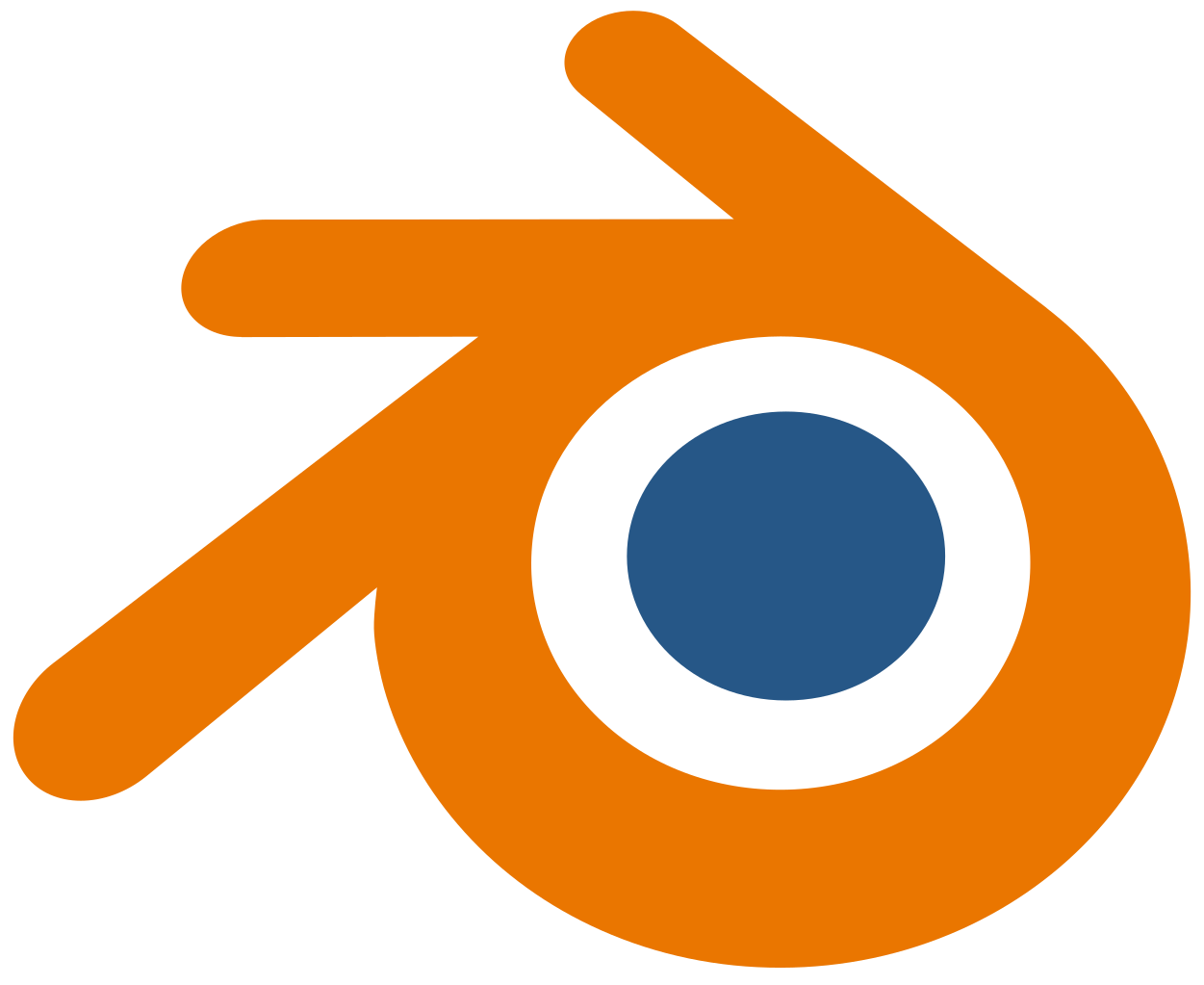I got double confused (ESL)
Never heard of that meme. So the title is in valid grammar?
g6d3np81
Heyyyyyyyyyy
- 20 Posts
- 57 Comments

 2·11 months ago
2·11 months agoI have not done anything in Krita/GIMP for a long while now so I am not up to date on their current features. What are you trying to do that is so uncommon that you have to build a custom tool?
On art stuff, I want to see more from community member and not just repost from twitter or pixiv. Only @rem26_art is one I have seen posting their own pieces around here.

 3·11 months ago
3·11 months agoOkay-ish as something to put up during a meal and not much else, there is a VA I like so there’s that.

 3·11 months ago
3·11 months agoIs this gonna be equivalent of ESLint + Prettier but in one performant package?
(https://quackers.gumroad.com/l/classic_modifier_menu)
Here you goIIRC The reason is that old layout is getting cluttered. It least the modifier is searchable now, which I think is a great improvement.
It’s just a muscle memory issue for me, keep hitting
SafterShift + A.

 3·1 year ago
3·1 year agoYup, probably watched the same video. Those are much more focused on flat shading… like dead flat.
There is Abnormal addon but I find doing it with mesh data (beyond vertex weight / vertex color) is kinda cumbersome.
After some fooling around, I find using normal form texture coord node is all I need.
- Take normal from texture coordinate node
- Rotate X to adjust up/down facing
- Map range Y axis to use as weight (or weight paint)
- Subtract result from true normal
- Transform vector from object to world (normalize first, maybe?)
Not great but good enough, most importantly not ugly. Quite easy and fast to apply to different model too.
Barbara from Genshin - Mihoyo
Node

 1·1 year ago
1·1 year agoI also have a similar side project planned for a revamp. Successfully made a v1 with grease monkey (vanilla JS) + stylish back in maybe 2016. Super dangerous to keep firefox 56 running only for this front-end. Just need to do the v2 then migrate to latest librewolf.
I want to redo the whole thing in Vue, client side routing with build step. The problem is that
- site is not open source
- no API doc (but I already made my own)
- required log-in (no sensitive info)
- some route request must be made from that domain due to CORS
My goal is not to change the UI but wipe the whole page and start over with custom API call instead. V1 do this by visiting a 404 route to stop unnecessary load and use my own URL param for the API call. For bonus cringe I used local storage for database.
Ended up having to use userscript, and now I’m kinda stuck with how to mash Vite build and tamper/violent monkey together :(
Do you have any suggestion or resource I can learn more on this?

 5·1 year ago
5·1 year agoThank you. After thinking about it overnight, I realized I asked a wrong question. Your answer still helps greatly and get me more than half way to satiate my curiosity.
Tolerance grade and example objects that require different grade/minimum pi accuracy is what I was looking for.

 12·1 year ago
12·1 year agoTIL there is a closer approximation than 22/7

 3·1 year ago
3·1 year agoThank you, I already skimmed through that article before posting. Maybe I failed to put my question into words properly.
I want examples similar to pool/fence circumference in the article. Along the line of “We’re building x, and this is the worst rounding we can go, one fewer digit and it will be off by y”

 3·1 year ago
3·1 year agoI would not place my hope on kadokawa doing anything like that. I don’t think they even care about anime industry aside from make money part of it.
TFW girl a 3-in-1 kemono fang midriff and you don’t know which community to post.
Misinformation may reduce repeat visit, that part, I have no idea if google take into account when they rank the result. Domain/page age also plays a role. But what about other “problems”? If I try to de-optimize every items on that guide, will it speed up the de-rank as well?
Regarding SEO, What’s stopping maintainers from vandalizing their own fandom page?
It would not be difficult to make a bot to update fandom page with a convincing but slightly wrong info, after a few hundred iterations, it’s all useless. Go look at what google recommend and do complete opposite. I’m convinced this will bomb ranking and put whatever wiki they migrated to at the top.

 1·1 year ago
1·1 year agoCan you explain a bit more about “zooming, different levels of detail” you mention? Maybe break them down to separate issue you are having with the library, what does it do, what do you want that it’s not doing. If there is a way to tweak it then you don’t have to build the component from scratch.
But if you already abandoned the idea of tweaking timeline-js then you can have full control in vue, have to build it yourself though. Start by breaking the functionality of the timeline into separate interaction. From a quick look, timeline-js just make style attribute reactive. Have a box? good. Now put really long div in it with placeholder texture. Can you drag/scroll it? no? grab a suitable function from vueuse and make it scrollable. Follow with markers, zoom, dummy event items, data fetching (the actual width, marker spacing, events placement can be calculated from timestamp in json after this step), lazy loading, styling, animation, so on.
I don’t know how much experience do you have with each things required (html, css, js, vue) so it is a bit difficult to give useful answer.

 4·1 year ago
4·1 year agoEvents?? TimelineJS3/blob/master/API.md
Not sure what else is available if you want to build the component yourself though.but note that because TimelineJS’s primary use case is the embedded iframe, some of these methods have not been thoroughly tested.
I think you can replicate most of its function with vue alone, skip all the tedious work with vueuse. Lazy-load with Intersection Observer. Basic events and refs for zoom level.
I would start with putting all entries into a usable format. A CMS will help a lot. Maybe a JSON from your django server containing batch of entries, its timestamp, length, importance, tags, etc. Anything that is required to place entry on the timeline properly in vue.
EDIT:
Have you tried the official tutorial?
Basically biological description and discussion of this slug-like Hitori organism. Kita saying she have no idea.
















steam link
planetarian